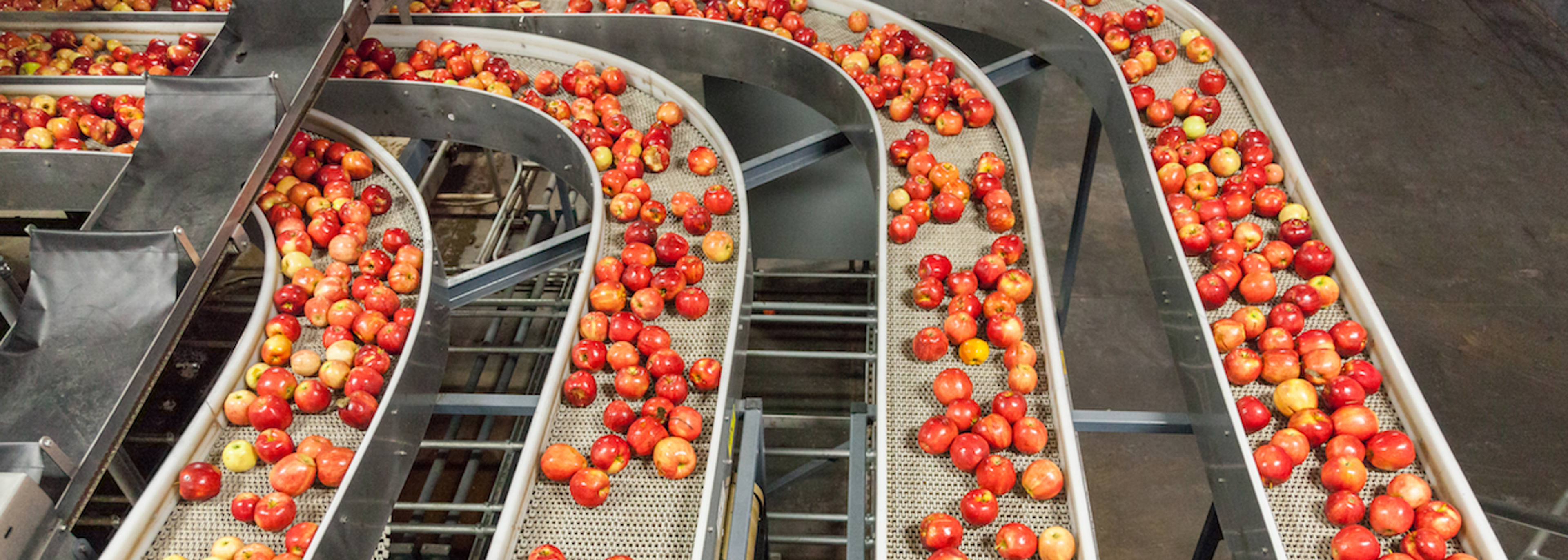Help us create an Environmental Health APPG
Join our campaign by urging your local MP to support the formation of an All-Party Parliamentary Group (APPG) on environmental health.

PM is urged to prioritise food security for a greener and healthier future.
Thursday, 4 February 2021, Katie Coyne
Despite a trade deal with Europe having been signed, and even if ‘teething’ problems with the new trade arrangements are ironed out, food policy experts warn massive fault lines still threaten UK food systems.
Three leading food policy experts have written to the Prime Minister Boris Johnson urging him to take action across a whole gamut of issues threatening the UK’s food security.
Professor Tim Lang, City University of London, Professor Erik Millstone, University of Sussex, and Professor Terry Marsden, Cardiff University, have repeatedly warned in the past of the dangers but support to implement change is now gathering pace to address what is being termed the “food emergency”.
They wrote in the letter: “We see little chance of 2021 being substantially easier on the food front unless these policy challenges are addressed. They are essential to the delivery of the ‘levelling up’, ‘taking back control’ and ‘we are all in this together’ national cohesion agendas.”
The letter says food is one of those areas of policy that cross-cuts at least 16 departments making it easy for “no one to take responsibility for the big picture”. So much so that, the authors argue, Westminster has failed to realise the “urgency and complexity” of the UK’s food problems.
CIEH supports the letter and said it will be working with partner organisations to raise these issues. Ross Matthewman, head of policy and campaigns, said: “It is absolutely essential that the government begins to focus on the combined issues of the UK’s food security, trade, the Northern Irish border, and our agriculture and environment policy post-Brexit.
“Over the next few months, CIEH will be looking to work closely with members and partner organisations to ensure that these issues are heard and that appropriate action is taken.
“There are significant challenges and opportunities for the UK if government is prepared to address the key issues and work closely with stakeholders. As a country we can become greener, we can become more sustainable, and we can reduce health inequalities.”
Brexit and COVID-19 magnify the food emergency
The letter said that insufficient attention was being given to the civil side of food defence. And that this is being highlighted during the pandemic and post-Brexit in terms of inadequate infrastructure, policies and practices to ensure food security. This is needed to ensure the UK population has access to food that is healthy, affordable, reliable, and doesn’t damage the environment.
When supermarkets were warning of disruptions to supply, for example, the authors said there was a “conspicuous” lack of government guidance for consumers on how to protect themselves and how to act. The Westminster government also inadvertently provoked consumers to stockpile and empty supermarket shelves when it closed the hospitality sector, cutting consumers off from a quarter of their food, rather than re-orienting it to feed communities.
Other food issues are also addressed: leaving the big food retailers to effectively set food policy and maintain food supplies; over-centralisation of food policy; increase in food poverty and over-reliance on food banks and parcels; and welfare benefits not being enough to afford a healthy diet.
However, the authors also offer 12 positive food policy proposals that they believe could help to improve the situation. To deal with the overarching nature of food policy, they recommend establishing a permanent National Food Security Council to advise long-term on the UK agri-food system to enhance food security and sustainability.
The authors also argued for a new emergency advisory body – either an entirely new body, or a sub-committee of SAGE – that would be able to address food issues in times of crisis that are currently not getting enough attention from Whitehall. Rather than leaving it to footballers and social media, it could resolve issues like inadequate welfare parcels, providing food for vulnerable children during the school holidays, and ensuring good diets and protect consumer health during crises.
The letter recommends the National Food Strategy (NFS) Part 2 is brought forward to provide a "fresh" UK food policy framework. But crucially, the authors said, it also needs to bring consumer and public health considerations to the fore, as so far the NFS approach has been dominated by industrial and commercial perspectives.
Another problem highlighted is the growth of and over-reliance on food banks, which is a “recipe for continuing and increasing health inequalities”. Welfare benefits ought to cover the cost of healthy and sustainable diets, and prompts a wider question that should be investigated by the Low Pay Commission as to why low pay is having to be topped up by benefits and food at all. Solutions proposed include setting up a national emergency food relief system, using the rate relief returned by most of the big supermarkets, and drafting in the neglected and currently closed hospitality sector to provide emergency feeding centres.
Read the letter and the proposals in full.

Help us create an Environmental Health APPG
Join our campaign by urging your local MP to support the formation of an All-Party Parliamentary Group (APPG) on environmental health.